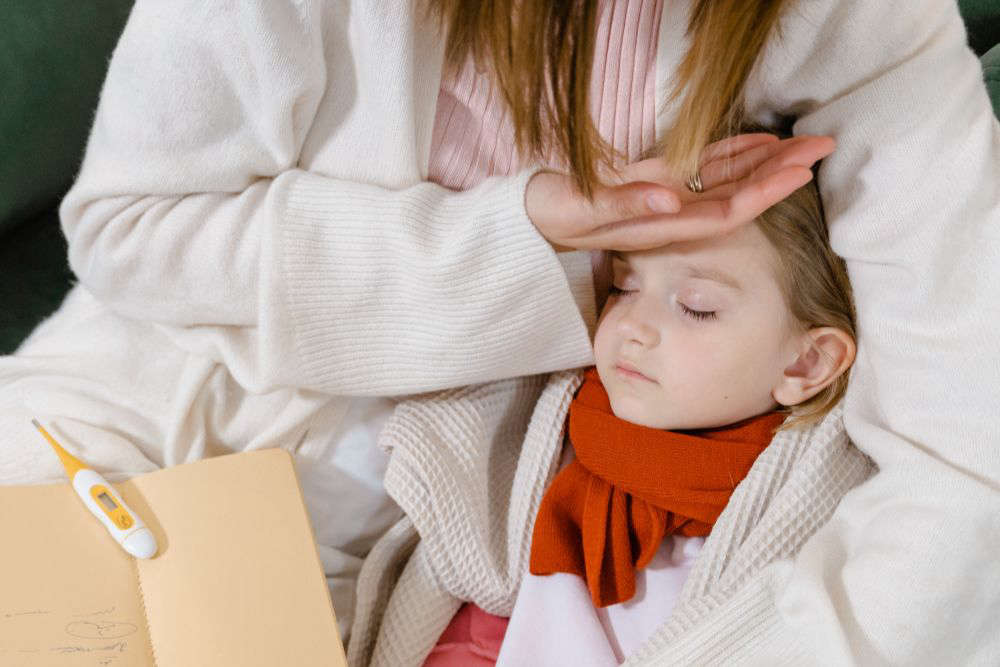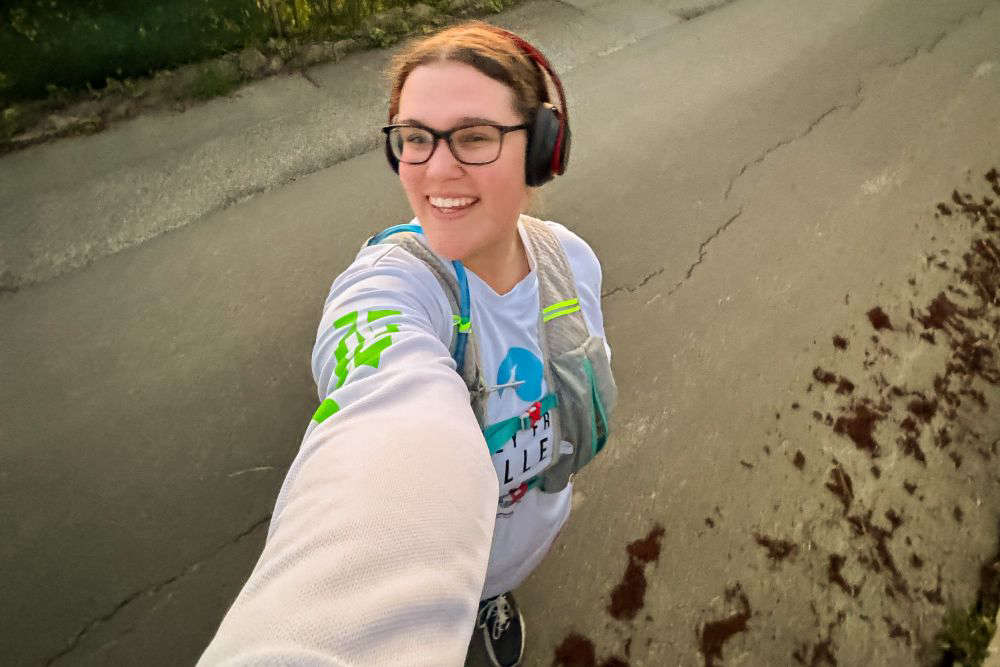
Parents of children in Reception class at Grouville School are being advised to take preventative treatment for Strep A and chickenpox.
Public Health is recommending children in that specific class take antibiotics and have a vaccine following cases of the infectious illnesses.
Group A Streptococcal can cause infections such as scarlet fever or strep throat. The illnesses are usually mild, but are highly infectious.
There has been a rise in scarlet fever this winter, and early treatment is important to avoid complications.
The UK reported at least 30 deaths of children from invasive Strep A between mid-September and the end of December 2022.
Grace Norman, Deputy Director of Public Health, has issued the advice:
“Public Health have been notified of both group A strep and chickenpox in the reception classes. Both are common and highly infectious childhood illnesses, and when caught together can increase the chances of developing a more severe infection, although this is rare.
“We are recommending a course of antibiotics for the prevention or treatment of group A strep infection, and vaccination to protect against chickenpox for children in the affected school year.
Although no children in the school have both group A strep and chickenpox at the same time, we are offering this precautionary measure to reduce the risk of this happening."
She says the measures are not needed for other children outside of these classes.
Headteacher Nichola Turner says extra hygiene measures have been put in place to reduce the spread of infection:
“The welfare of the children within our school are always our primary priority. We have worked with our colleagues in Public Health to adopt all recommended enhanced hygiene measures and have protocols in place to alert us to cases in other year groups. I can confirm that at present we have no cause for concern, and I will keep our parents updated should this situation change.”
Symptoms to look out for include*:
• A sore throat
• Headache
• Fever (of 38c or more)
• A fine, pinkish or red body rash with a sandpapery feel
• A red face excluding the area around the mouth, and a white or red tongue
Anyone with symptoms, should seek medical advice from their GP.
Early treatment with antibiotics is important to reduce the risk of complications such as pneumonia or a bloodstream infection. Anyone with scarlet fever or group A strep infection should stay at home until at least 24 hours after the start of antibiotic treatment to avoid spreading the infection to others. The whole course of antibiotics should be completed to avoid complications.
Chickenpox usually gets better by itself within a week without needing to see a GP. It causes a rash of red, itchy spots that turn into fluid-filled blisters, which crust over to form scabs. To prevent chickenpox spreading, children should stay away from nursery or school until all spots have crusted over, which is usually 5 days after the spots first appeared. It is very easy to catch chickenpox.
*Information supplied by Government of Jersey.


 Rooftop bar, climbing wall and concert hall in £110m Fort Regent plans
Rooftop bar, climbing wall and concert hall in £110m Fort Regent plans
 More schedule changes for Jersey to St Malo route
More schedule changes for Jersey to St Malo route
 Indefinite treatment order for man who stabbed shop manager
Indefinite treatment order for man who stabbed shop manager
 55 week wait for child autism and ADHD assessments
55 week wait for child autism and ADHD assessments
 Workers in Jersey must be paid at least £13 an hour
Workers in Jersey must be paid at least £13 an hour
 Pubs and nightclubs open later for Liberation 80
Pubs and nightclubs open later for Liberation 80
 Jersey teen with autism and epilepsy to tackle 150 miles for charity
Jersey teen with autism and epilepsy to tackle 150 miles for charity
 Jersey company keen to exploit CI wind potential
Jersey company keen to exploit CI wind potential

